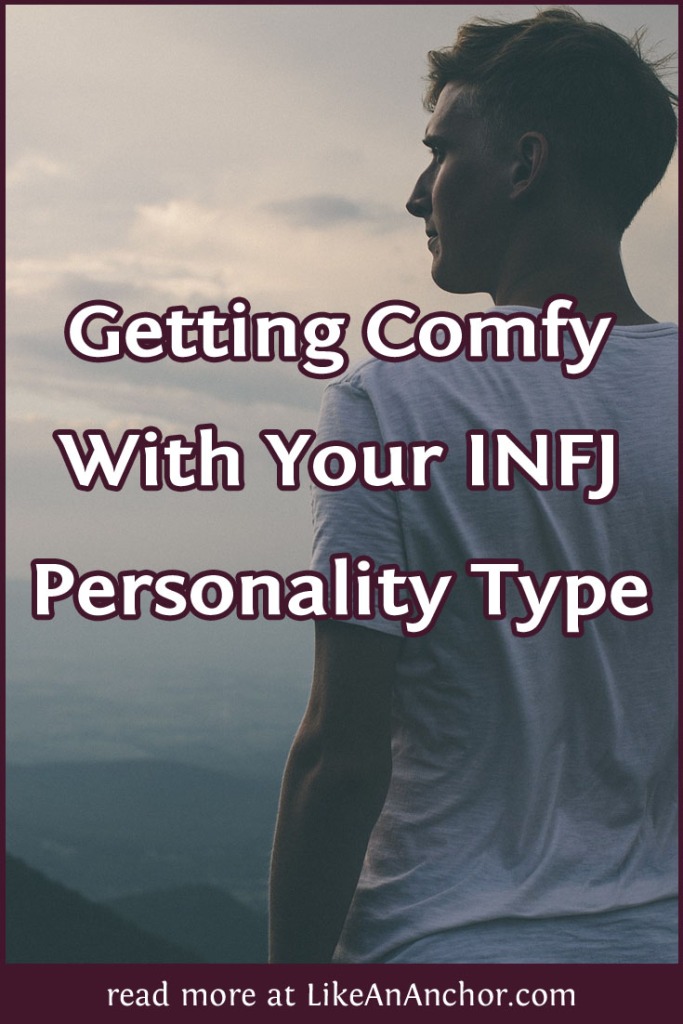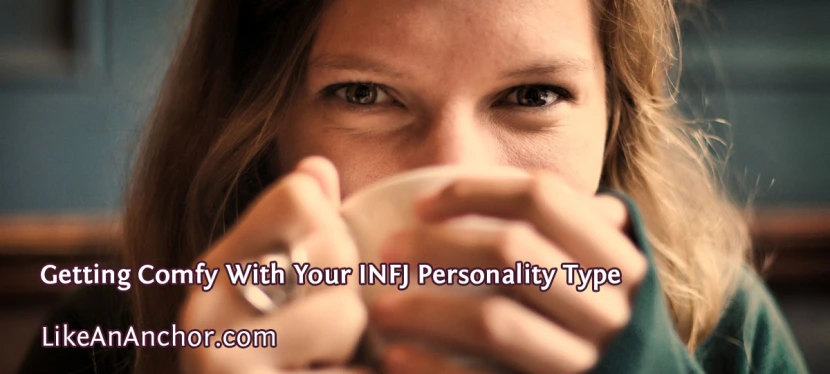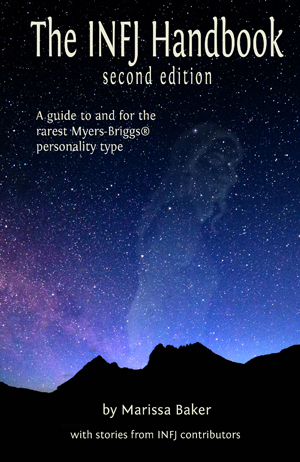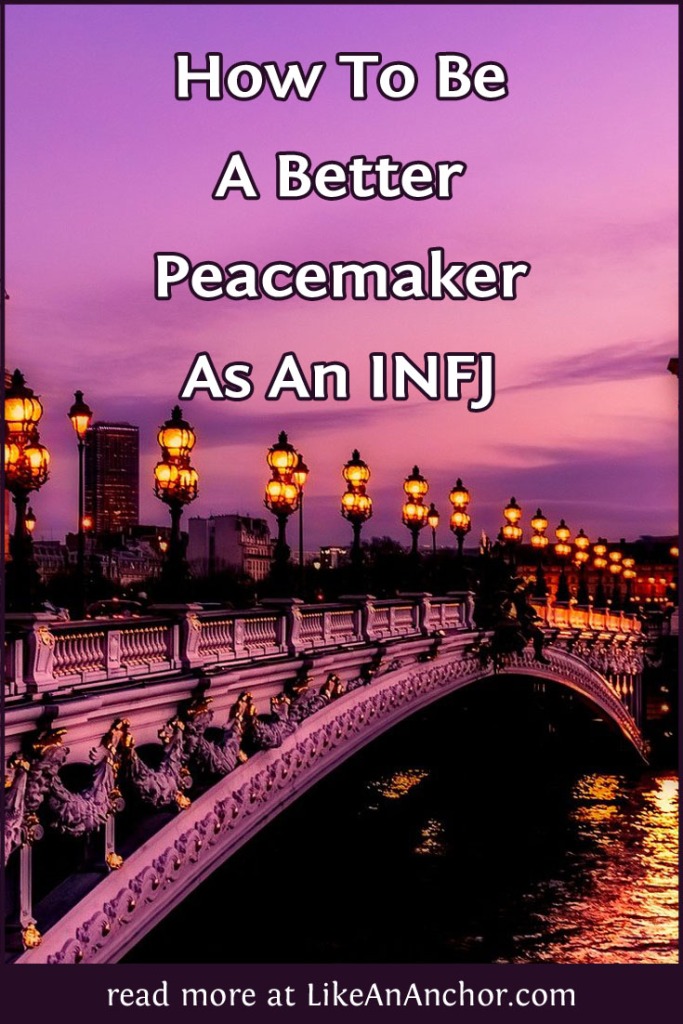It’s been quite some time since I published a post about personality types. Since starting grad school last August, the time I have to spend writing on my more personal projects has been limited. I still Bible study every morning, which turns into the posts I share each Saturday, but I haven’t been researching and writing about personality types nearly as much.
Don’t get me wrong–I still find personality type fascinating and knowing I’m an INFJ is a key part of how I understand myself. I just haven’t had time to read typology books or blogs, or think all that much about topics related to Myers-Briggs® that I want to write about. My writing time is focused on things like “A Rhetorical Analysis of the Literature Surrounding Role-Playing Games, Race, and Identity” and a scholarly book review of John R. Gallager’s Update Culture. I might share links to those somewhere on this blog if/when they’re published, but they don’t really fit with the theme “finding our true selves in the people God created us to be” or with my interest in personality types.
One type-related topic I have been thinking about, though, is that I feel like I’m “settling in” to my type. Which I think is a good thing, but it also makes me feel a bit less motivated to constantly research and write about INFJs. Over the past several years, either in comments on this blog or emails through my contact form, I’ve occasionally heard from INFJs who talk about having (mostly) moved past the awkwardness of being INFJ. They talk about being happy, feeling balanced, and seeing their type as a strength or a neutral thing rather than a weakness or something that makes them particularly unique.

In the online INFJ community, we often talk about things like how different we feel from other people, how tempted we are to door slam those who irritate or hurt us, and how we’re a target for unhealthy people like narcissists. It’s easy to think of being INFJ as a burden, or a thing that sets us apart, or something people will never understand. I’ve been there, clinging to my INFJ label like a life preserver that makes the weirdness of your life make sense. And I think there’s a place for that, especially when you first learn about your personality type. The feeling of relief that you’re not alone or broken is one that many INFJ (most that I’ve talked with, in fact) mention when they talk about first discovering their personality type. Normalizing experiences like feeling alien, struggling to communicate, and seeing the world differently helps us realize that 1) there’s nothing inherently “wrong” with our personality and 2) other people really can understand us and they can help us figure out how to be in the world as INFJs.
That initial realization that we’re INFJ and embracing that identify is often the strongest way we relate to our personality type. But the way we relate to our type can change, and I think it probably should as part of personal growth. Based on conversations I’ve had with older INFJs, I suspect that if we were to chart the stages of a typical INFJ’s journey, it might look like this:
- Recognizing that there’s something different about you
- Learning about personality types and realizing that INFJ fits you really well
- Seeking to learn about your type and learn from other INFJs
- Accepting your personality quirks and figuring out how to manage your strengths and weaknesses
- Settling into life as an increasingly mature, balanced example of an INFJ
Of course, this is an overgeneralization and it doesn’t account very well for the many people who aren’t sure if they’re an INFJ or another type like an INFP or INTJ. It does reflect what I’ve heard from many INFJs, though, and I think it will resonate with a lot of my readers. I’d love to hear what you think of this idea in the comments!
Right now, I think I’m somewhere in those last two bullet points. I’ve firmly embraced my weirdness, even more so than when I wrote a post about that topic two years ago. I finally went back to school. I’m managing the anxiety and depression I’ve struggled with for more than half my life in a much healthier way. I’m leaning in to the interpersonal strengths of my INFJ type and finally developing my Extroverted Feeling side so I can teach and tutor students. And it feels pretty good.
Wherever you are on your INFJ journey, I hope you’re doing well. I hope you’ve been able to connect with other INFJs (whether in person, on blogs like this one, or using social media), to learn helpful information about your personality type, and to grow toward living a fuller, happier life. And I hope we’ll all keep learning, keep being brave, and keep growing.
–
If you’d like to know more about personal growth tips for the INFJ personality type, check out my book The INFJ Handbook. I’ve updated this second edition with a ton of new information and resources. You can purchase it in ebook, paperback, or hardcover by clicking this link.
–
Featured image by StockSnap from Pixabay







